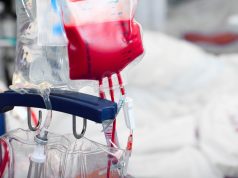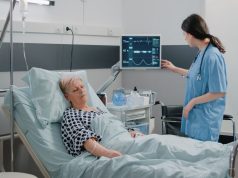Guidelines based on systematic review, focus on individualized treatment decisions
TUESDAY, May 7, 2019 (HealthDay News) — In a new American Academy of Neurology guideline published in the May 7 issue of Neurology, recommendations are presented for treating Tourette syndrome and other chronic tic disorders.
Tamara Pringsheim, M.D., from the University of Calgary in Alberta, Canada, and colleagues conducted an assessment of systematic reviews and randomized controlled trials on the treatment of tics to determine the efficacy of treatments for tics and risks associated with their use. The researchers found high confidence that the Comprehensive Behavioral Intervention for Tics is more likely to reduce tics than psychoeducation and supportive therapy. Evidence of harms associated with various treatments was demonstrated including weight gain and drug-induced movement disorders.
On the basis of these findings, Pringsheim and colleagues developed practice recommendations regarding the assessment and management of tics in individuals with Tourette syndrome and chronic tic disorders. The 46 recommendations include counseling on the natural history of tic disorders, psychoeducation for teachers and peers, comorbid disorder assessment, and intermittent reassessment of the need for ongoing therapy. Treatment decisions should be individualized; should be based on collaborative decisions between patient, caregiver, and clinicians; and should consider the benefits and harms of treatment and comorbid conditions. Watchful waiting and the Comprehensive Behavioral Intervention for Tics are included as treatment options.
“Treatments can help decrease tic frequency and severity, but they rarely eliminate all tics,” Pringsheim said in a statement. “It is important that people are informed of all the available treatment options, which include education, behavioral therapies, medication, or watchful waiting.”
Several authors from both the review and the guideline disclosed financial ties to the biopharmaceutical and publishing industries.
Abstract/Full Text – Review
Abstract/Full Text – Guideline
Copyright © 2019 HealthDay. All rights reserved.








